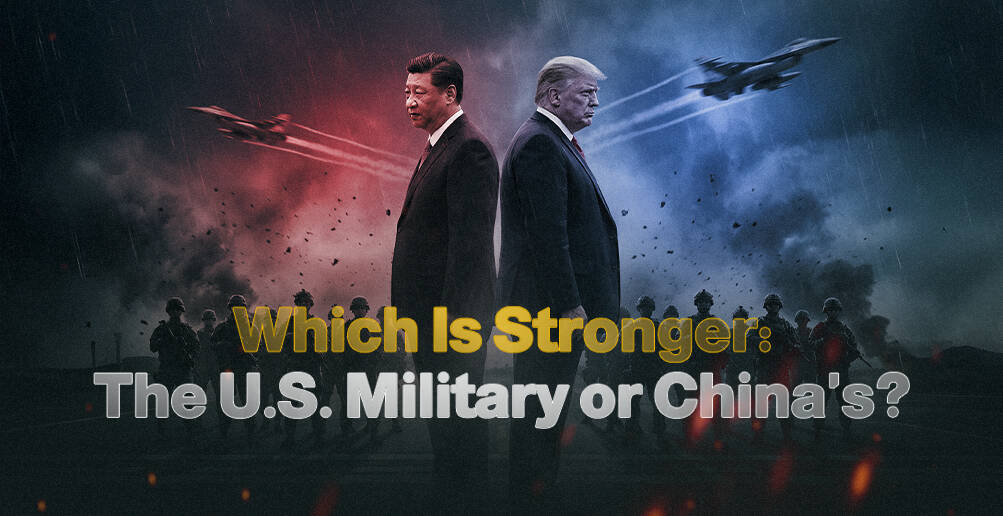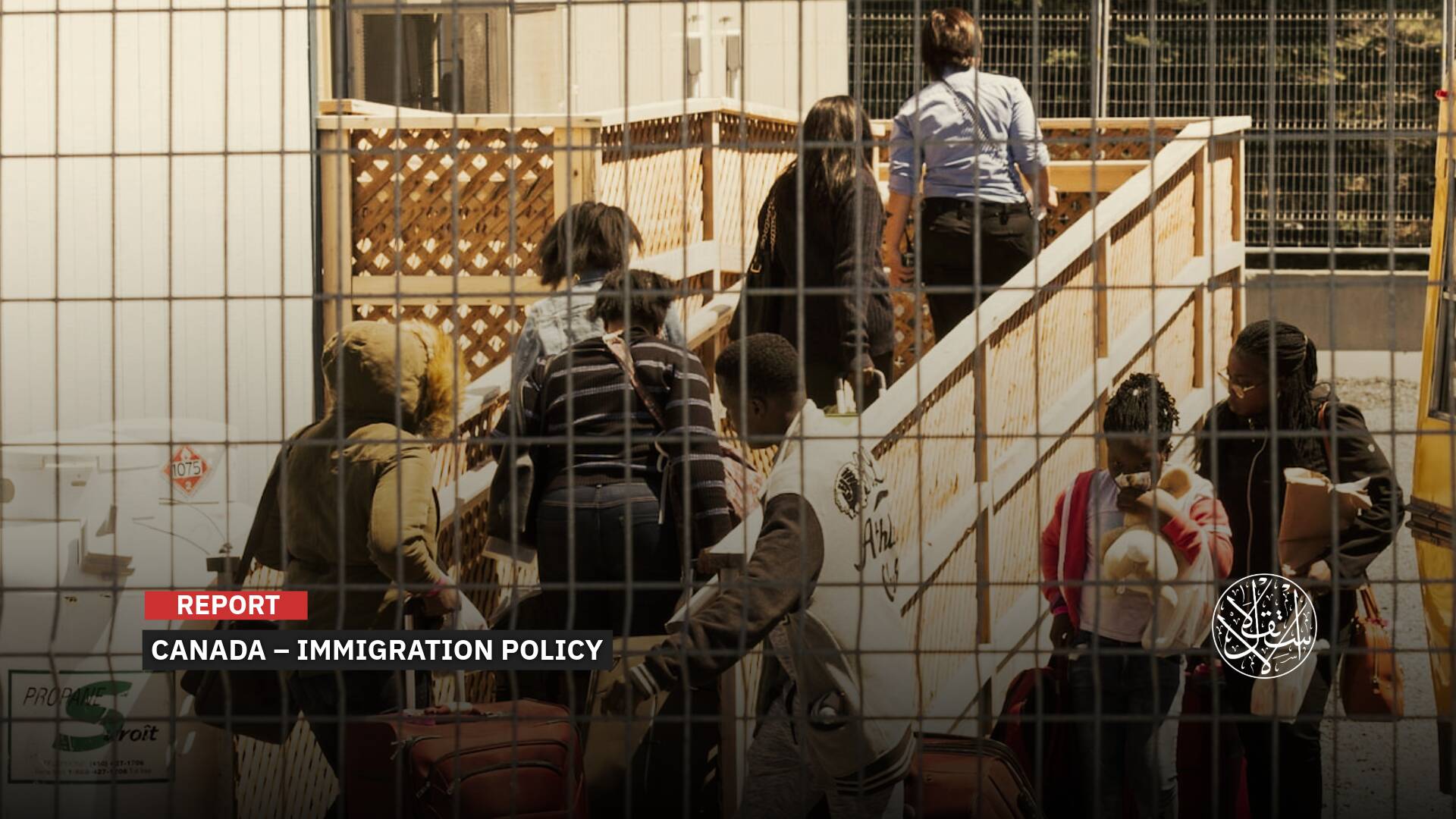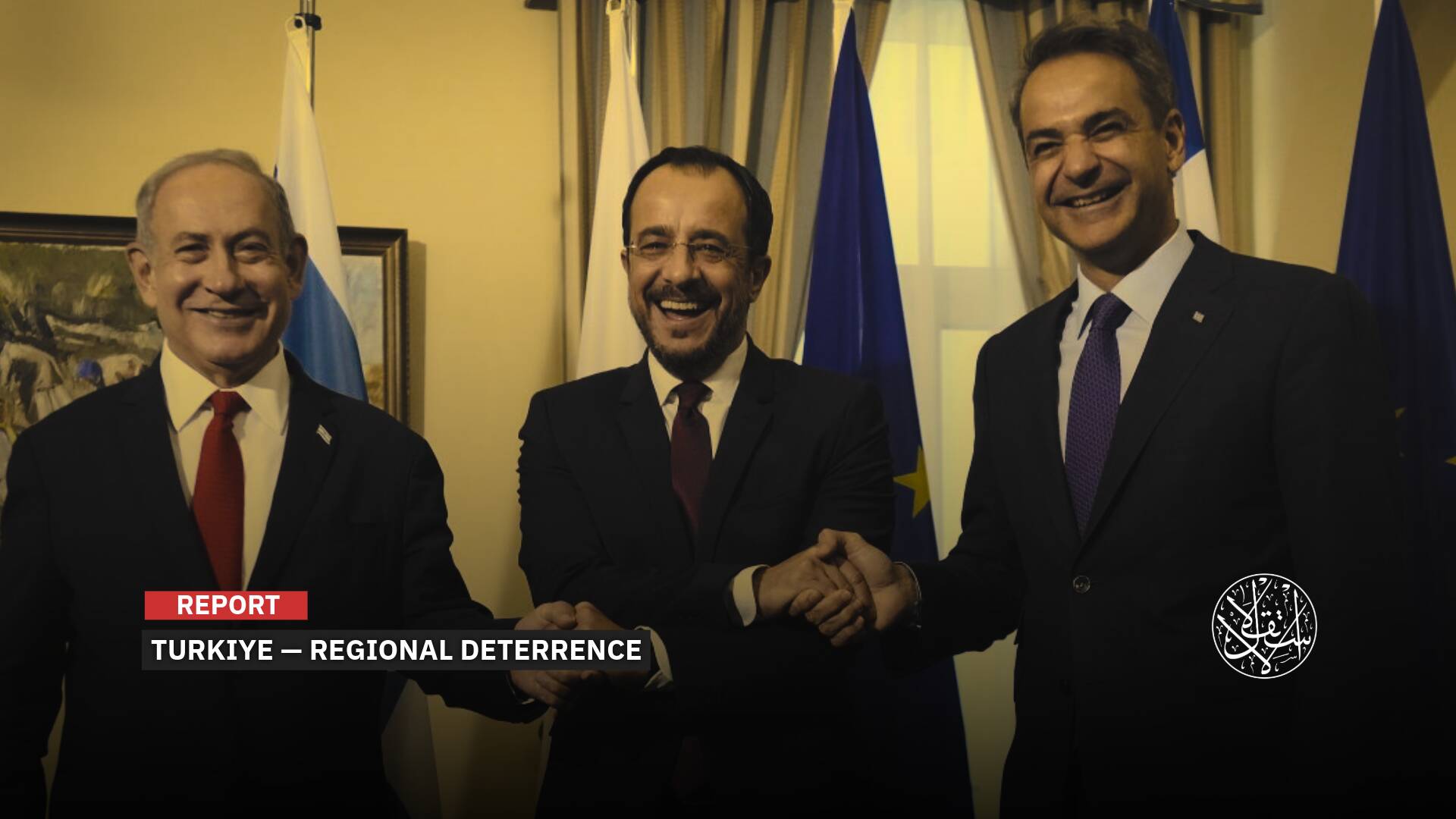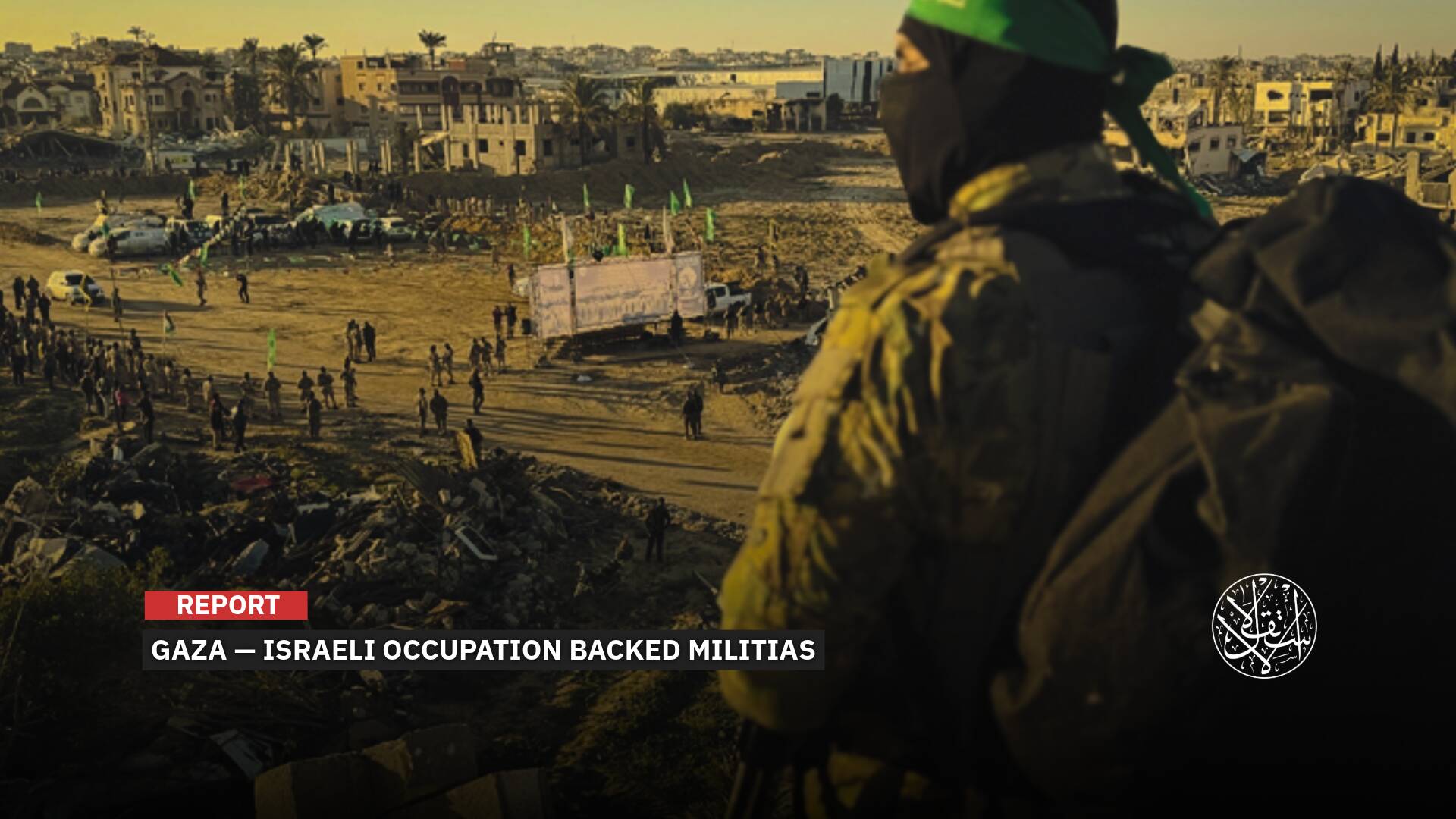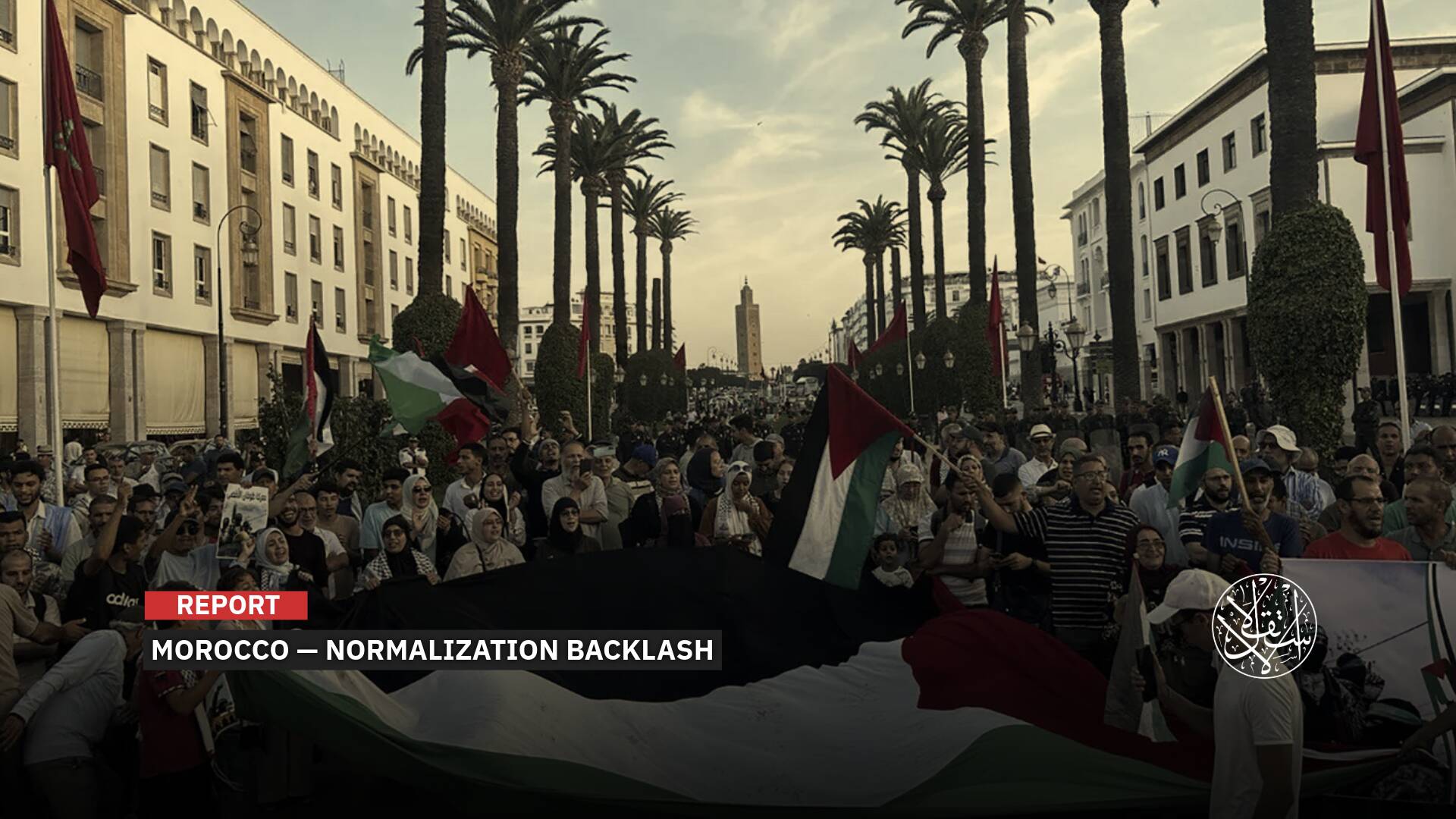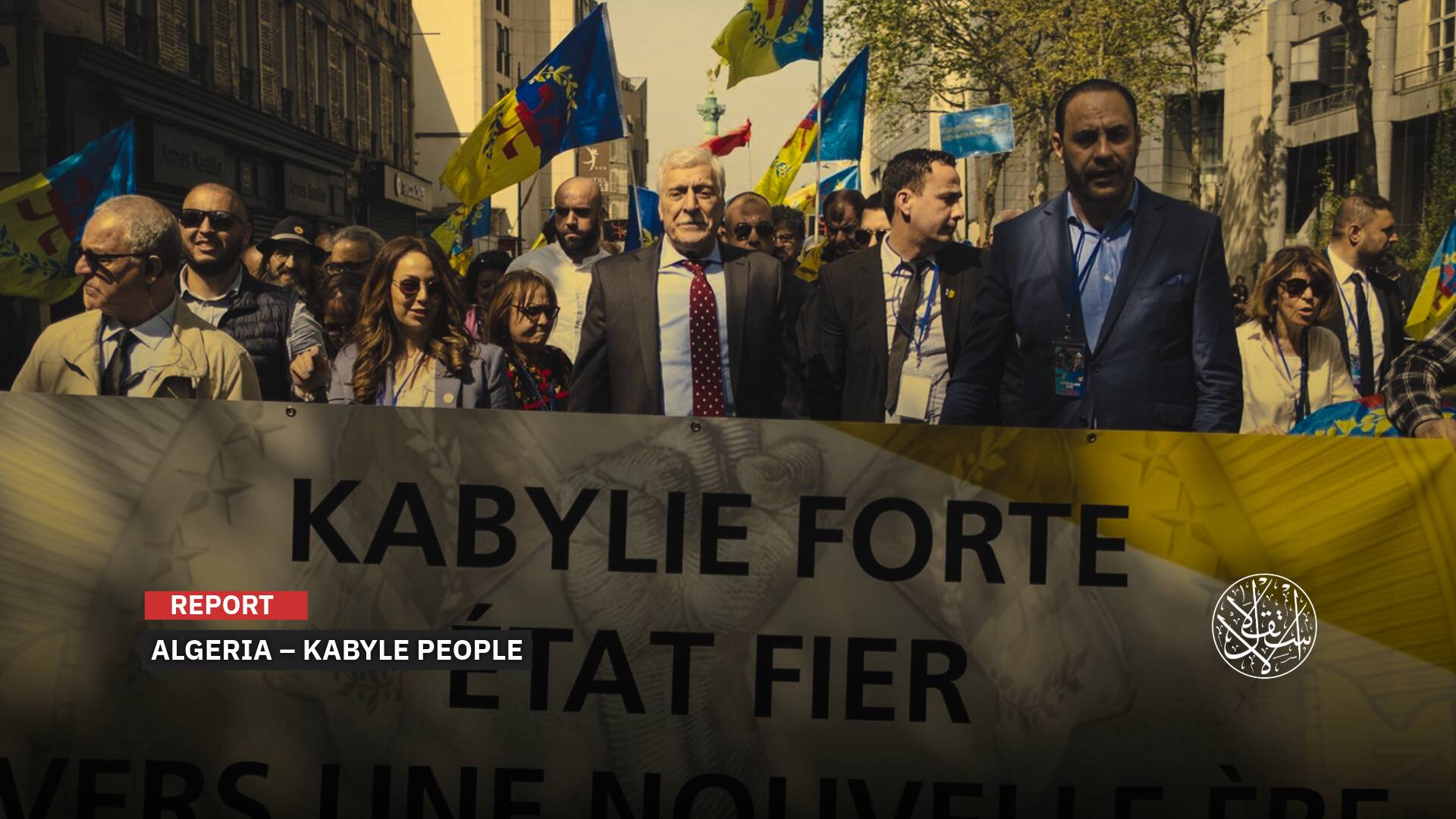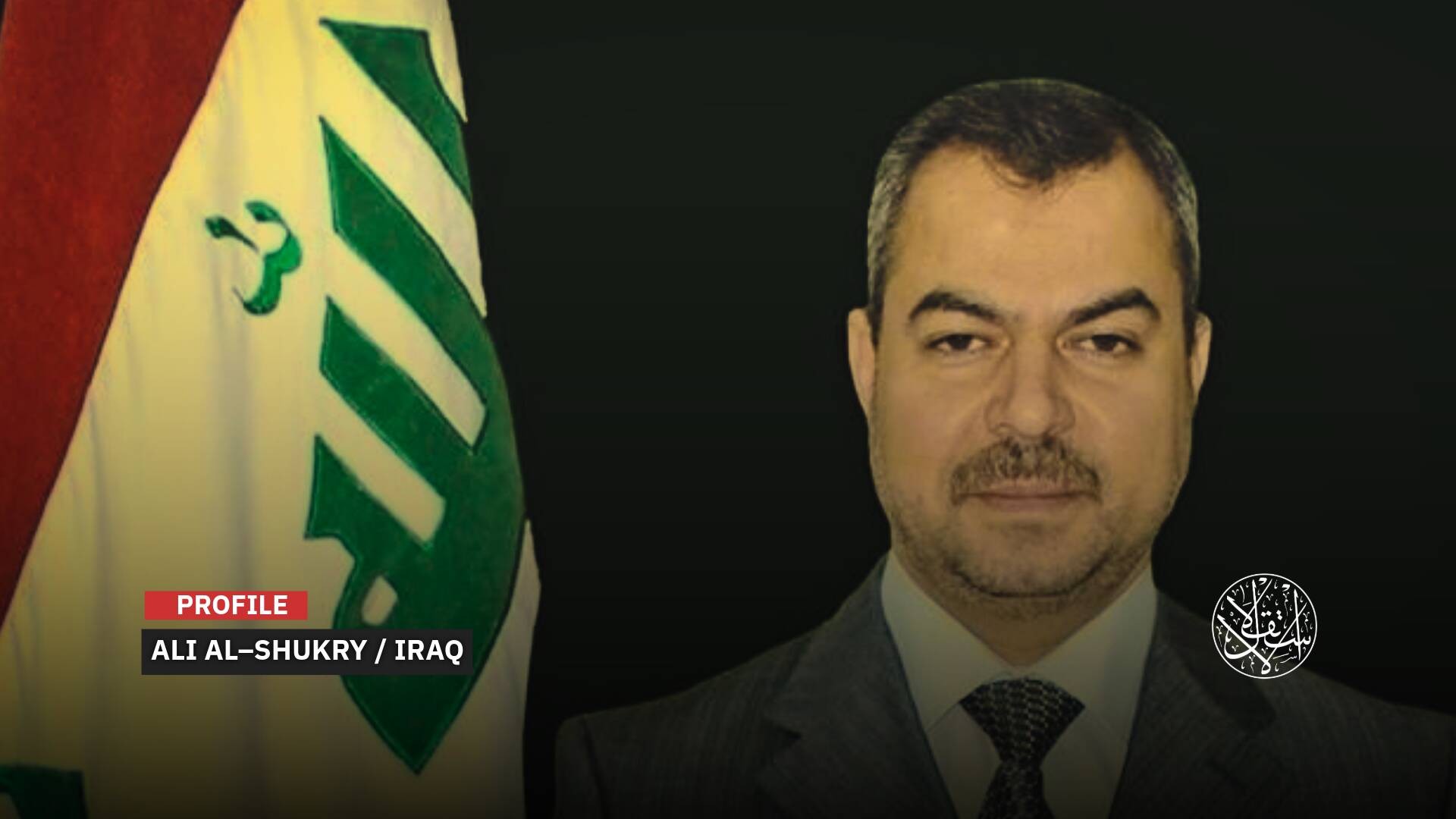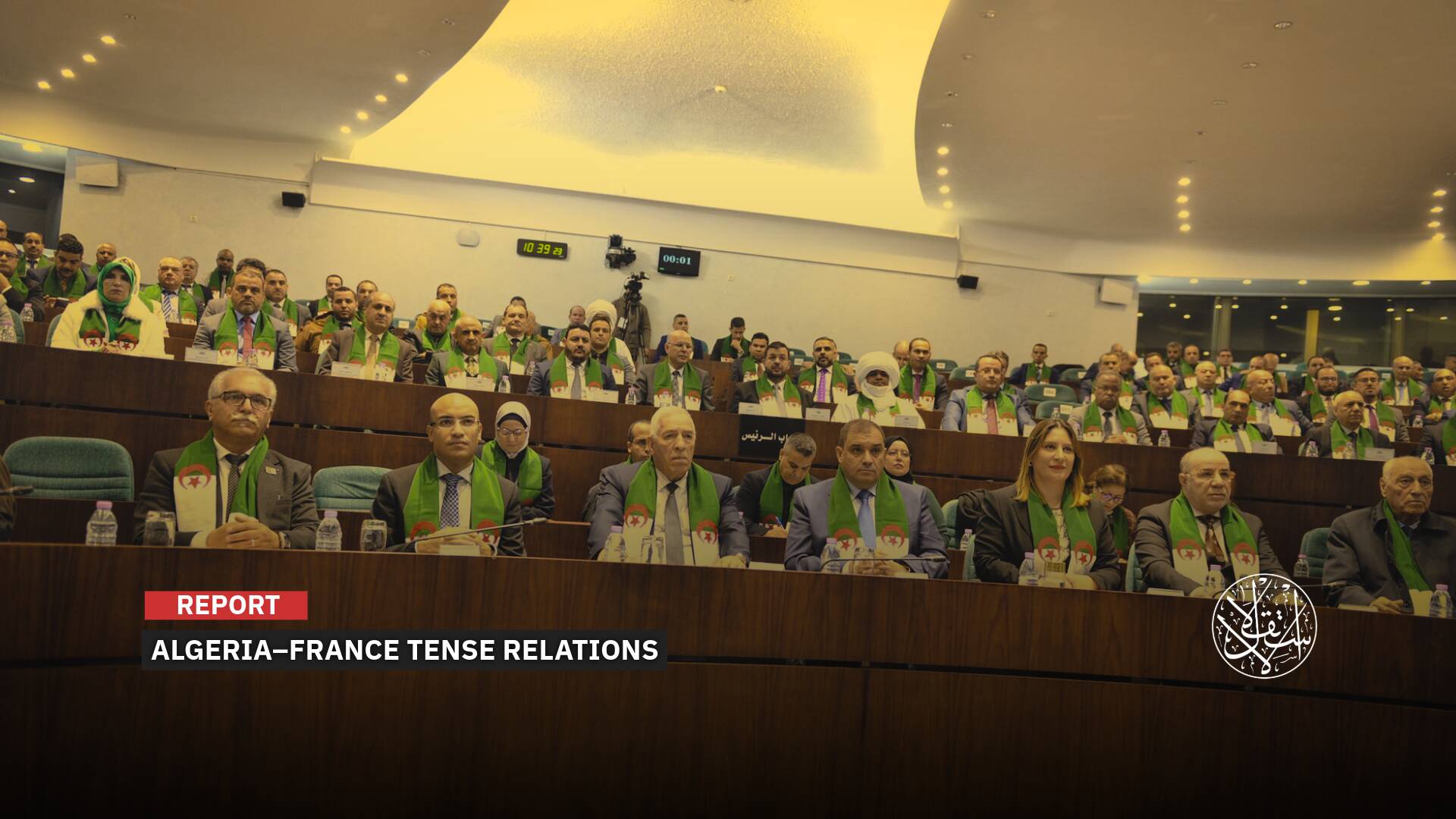How Did the Polish–Belarusian Border Turn into 'Refugee Cemeteries'?

In a striking convergence of art and life, German theaters have recently begun screening Green Border, a Polish film that has garnered significant attention for its poignant portrayal of a Syrian family’s harrowing journey to reunite with relatives in Sweden.
The narrative unfolds along the treacherous Belarus–Poland border, a landscape marred by the refugees’ vulnerability to both the elements and the harsh policies of border control.
Far-Right Attacks
Agnieszka Holland, the film’s director, has herself become a focal point of the story.
Last year, she faced threats for her unflinching depiction of the refugee crisis — an issue that had receded from the European public discourse.
Yet, Holland’s work has rekindled awareness, casting a stark light on the forgotten plight of those fleeing conflict and seeking sanctuary within the European Union.
Holland’s lineage — she is the descendant of Holocaust survivors and the daughter of a Jewish woman who fought in the Warsaw Uprising — has not shielded her from the vitriol of Europe’s far right.
The intensity of the backlash prompted Polish authorities to assign her a protective detail with two security personnel.
The film serves as a grim reminder of the ongoing struggles faced by refugees, primarily from the Middle East, who find themselves abandoned in Europe’s borderlands.
Polish border guards, undeterred, employ a range of tactics to thwart their passage into the EU.
Meanwhile, Belarusian forces actively drive these individuals toward what they deem an adversarial Polish border.
This geopolitical chess game intensified in 2021 when Belarus orchestrated flights for Middle Eastern refugees to EU borders, prompting Poland, Lithuania, and Latvia to declare states of emergency.
They framed the influx of refugees as a “hybrid threat,” a stance that has justified continued violence to force returnees back into Belarus.

Conservative Laws
Poland’s recent legal amendments, following Lithuania’s lead, have codified these push-backs, dismissing asylum requests outright — a move decried by the Grupa Granica refugee aid initiative as a flagrant violation of international law and a peril to human lives.
Bartek Rumienczyk, a spokesperson for the initiative, condemned the government’s adherence to such policies, lamenting the liberal, pro-EU administration’s alignment with its conservative predecessors.
Despite the lack of media attention, refugees attest to the escalating violence at the Polish–Belarusian border in 2023, a stark contrast to the European Union’s professed values of human rights and dignity.
In a recent call to action, advocates urged the newly instated Polish administration to halt the repatriation of refugees, hold those accountable for acts of violence, remove the barbed wire barriers, and engage in discussions to dismantle the border fence.
They advocate for an immigration policy that prioritizes refugee safety over erecting formidable barriers.
The advocacy group raises alarms about the dire consequences of forcing refugees back into Belarus, where they are often pushed into dense forests, putting their lives in immediate danger.
Grupa Granica initiative reported 57 fatalities in the past year, with 7,583 distress calls received and assistance provided to 3,366 individuals. Polish media outlets have reported approximately 300 deaths since 2021.
The Polish government’s lack of concern for accurate refugee counts was highlighted by the initiative’s representative, Rumienczyk, who criticized the government’s focus on deportations without proper verification of documents or identities, neglecting health care needs and basic services. The data from Polish authorities, Rumienczyk noted, is unreliable.
Rumienczyk also condemned the state of emergency declared by Poland along the border, which bars NGOs and journalists from accessing the crisis zone and mandates the construction of a 5-meter-high border wall equipped with barbed wire and advanced surveillance technology.

‘Cemetery Forests’
The Grupa Granica initiative labels the forests along the Belarusian–Polish border as “cemetery forests,” a term it also extends to the Mediterranean Sea, referring to it as a “cemetery for refugees.”
The group insists that migration is a natural human behavior and should not be perceived as a threat. They assert that everyone has the right to seek asylum and live in safety and dignity.
The initiative calls upon European Union nations to uphold this fundamental right and cease the excessive expenditure on border militarization and wall construction, which endangers lives.
The Polish courts’ ongoing criminalization of activists and organizations providing aid to refugees has significantly impacted their operations.
Rumienczyk revealed that the Polish authorities have initiated multiple legal actions against their staff and activists, including allegations of aiding in refugee smuggling.
As for the potential shift in the Polish government’s stance on the border crisis with Belarus, Rumienczyk expressed skepticism.
He believes that the current government under Donald Tusk is perpetuating the policies of its predecessors, prioritizing border security and the continuation of refugee deportations, despite the questionable legality of these actions.
Amidst the Polish government’s continued enforcement of its policies, largely unnoticed by the media and public, and while humanitarian groups persist in their efforts at the border, the influx of refugees seeking safety and security shows no signs of improvement.


